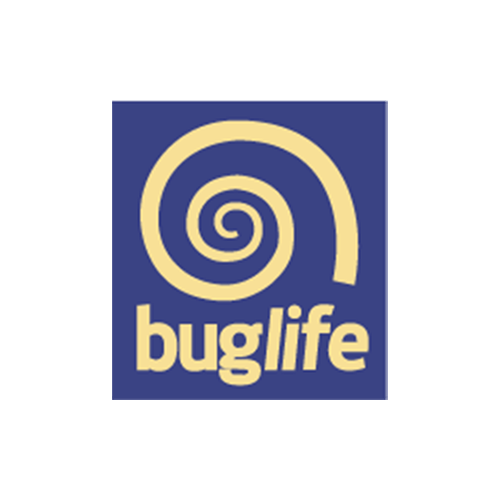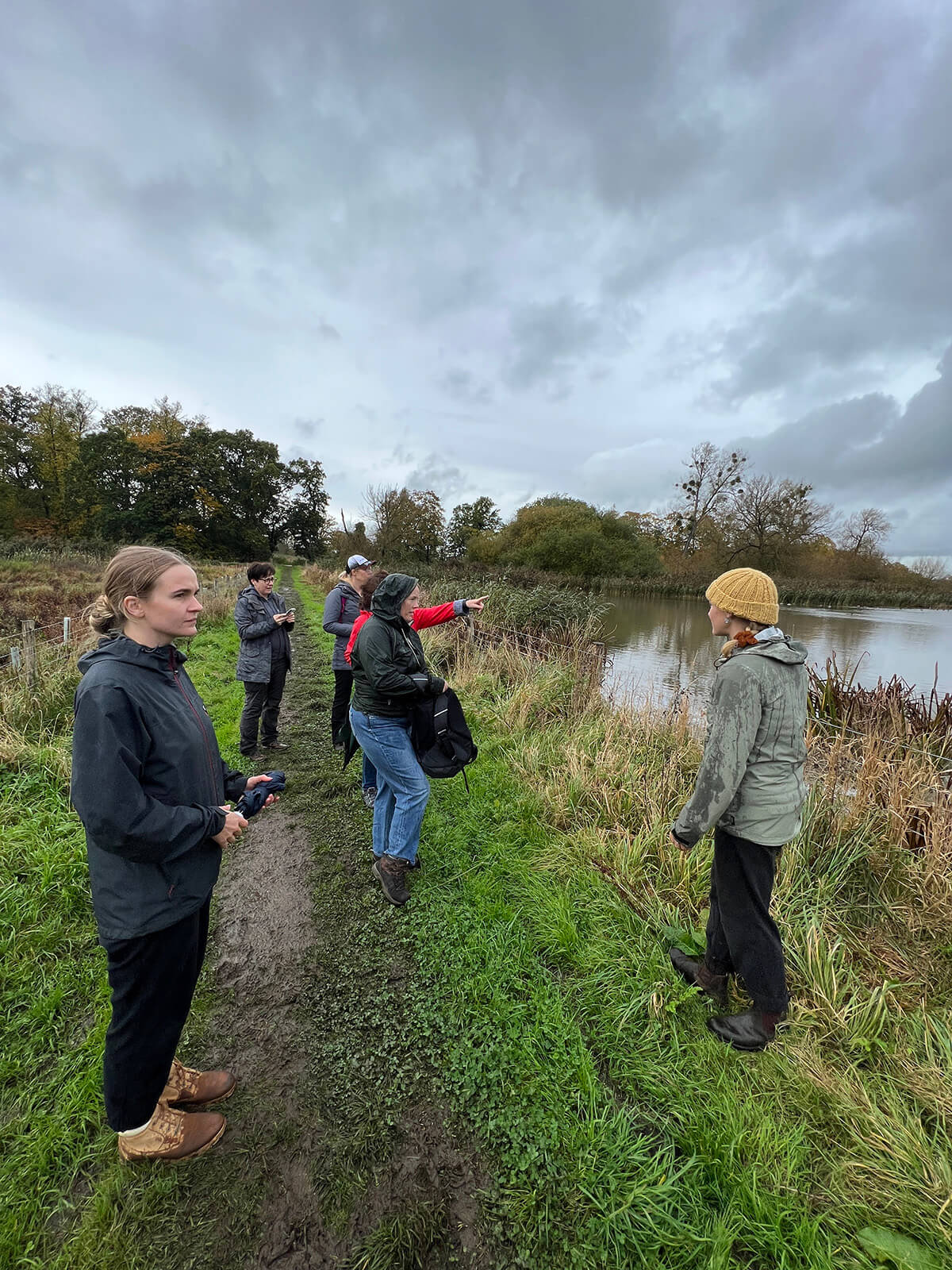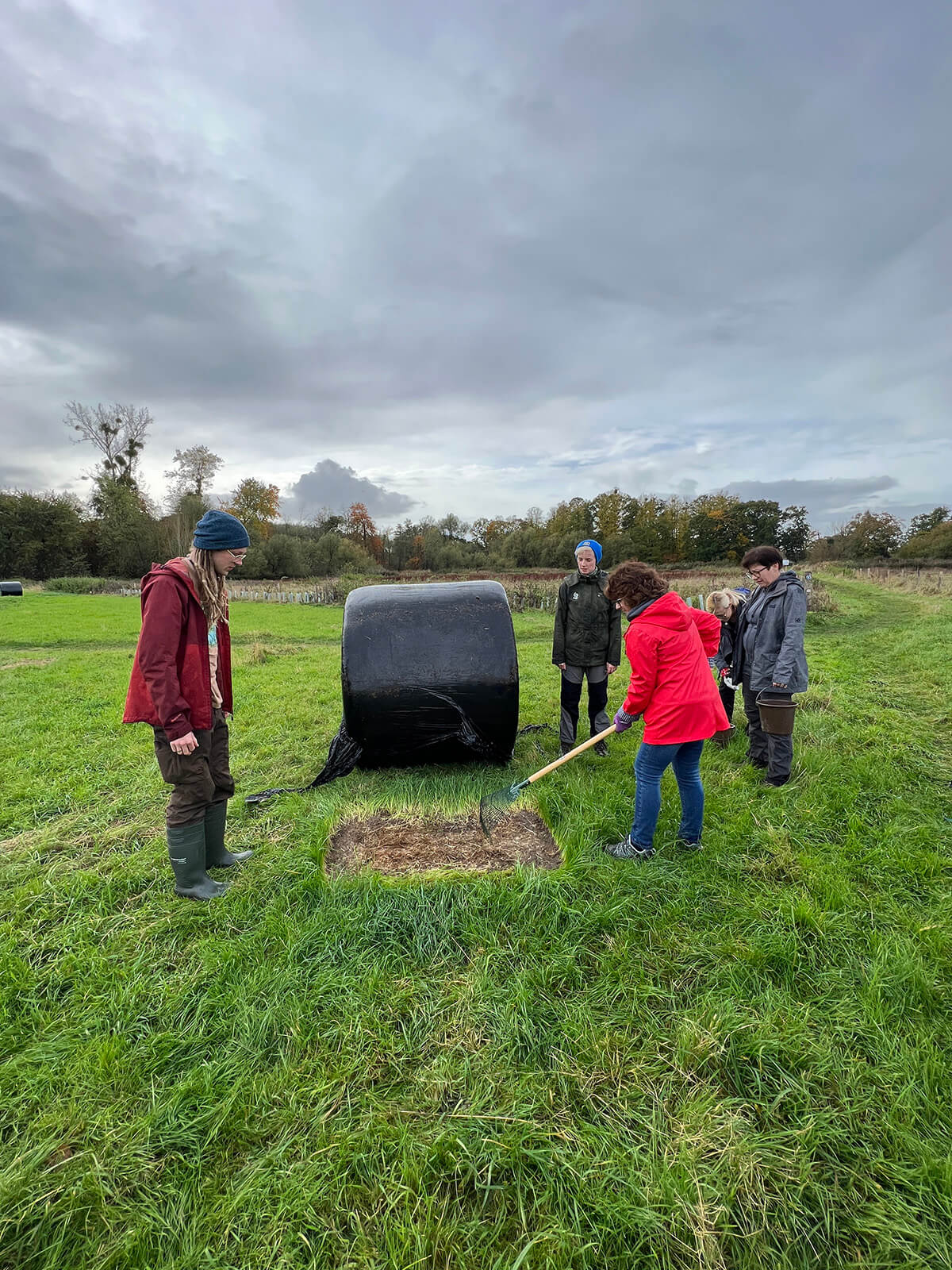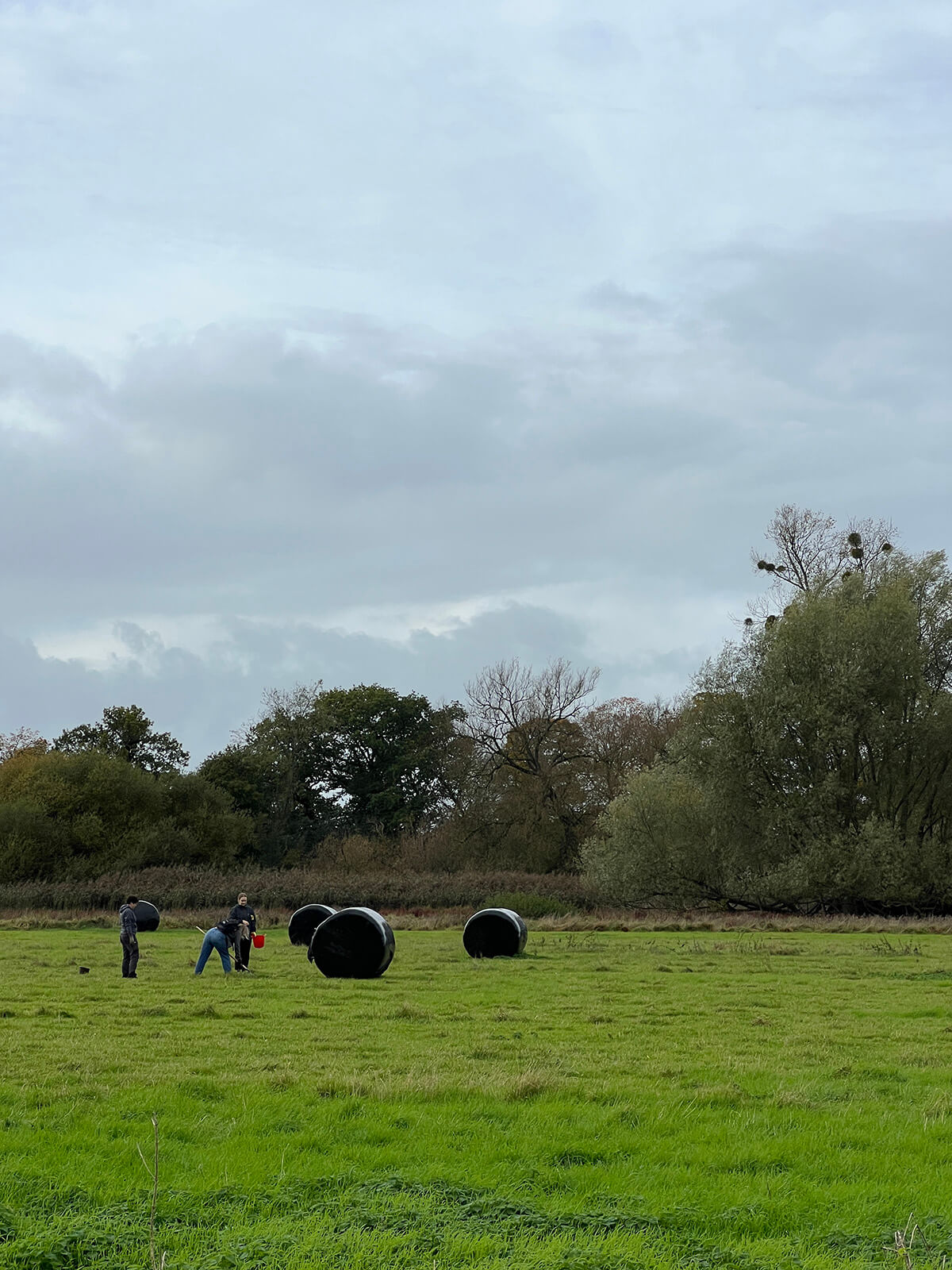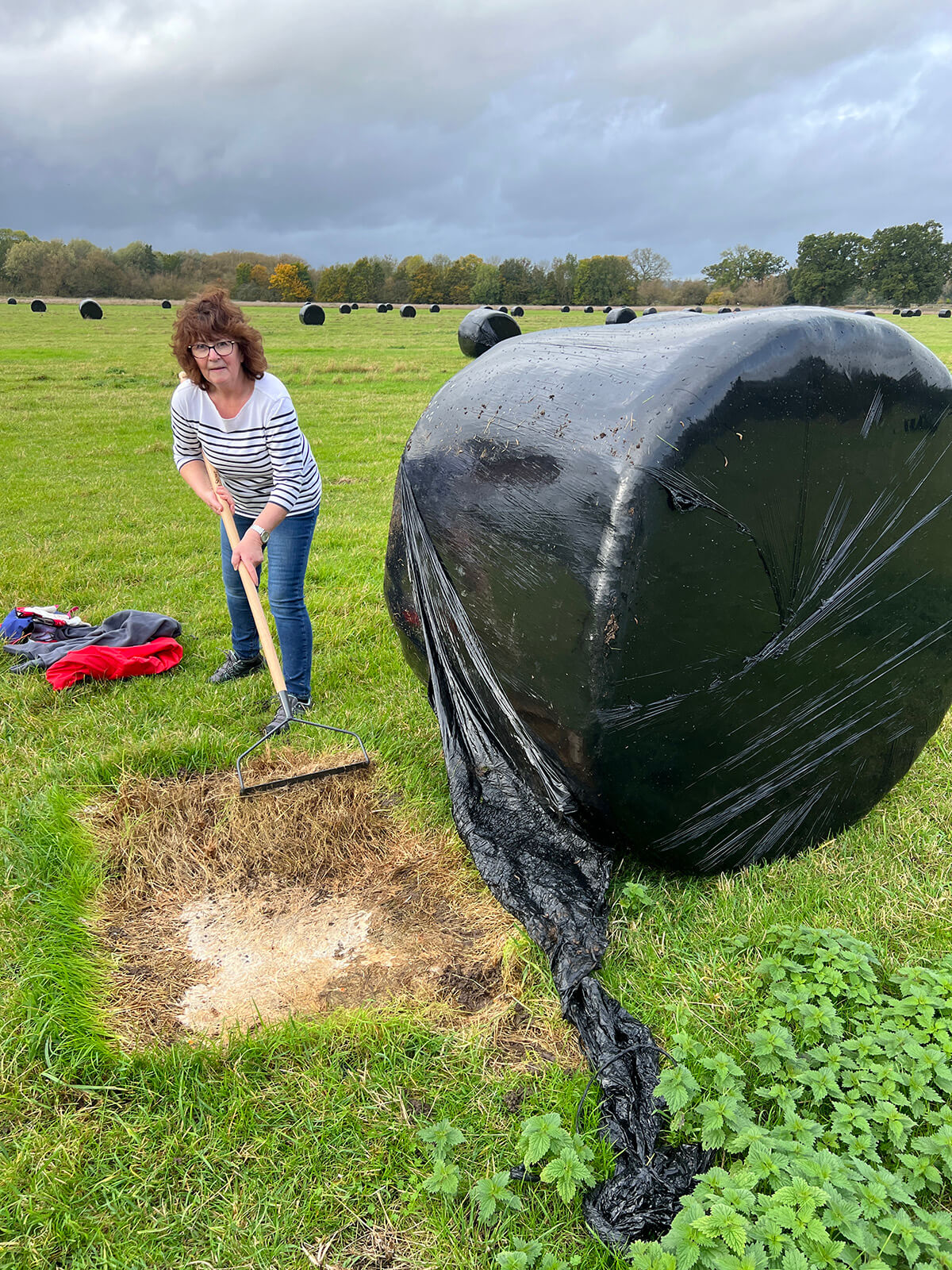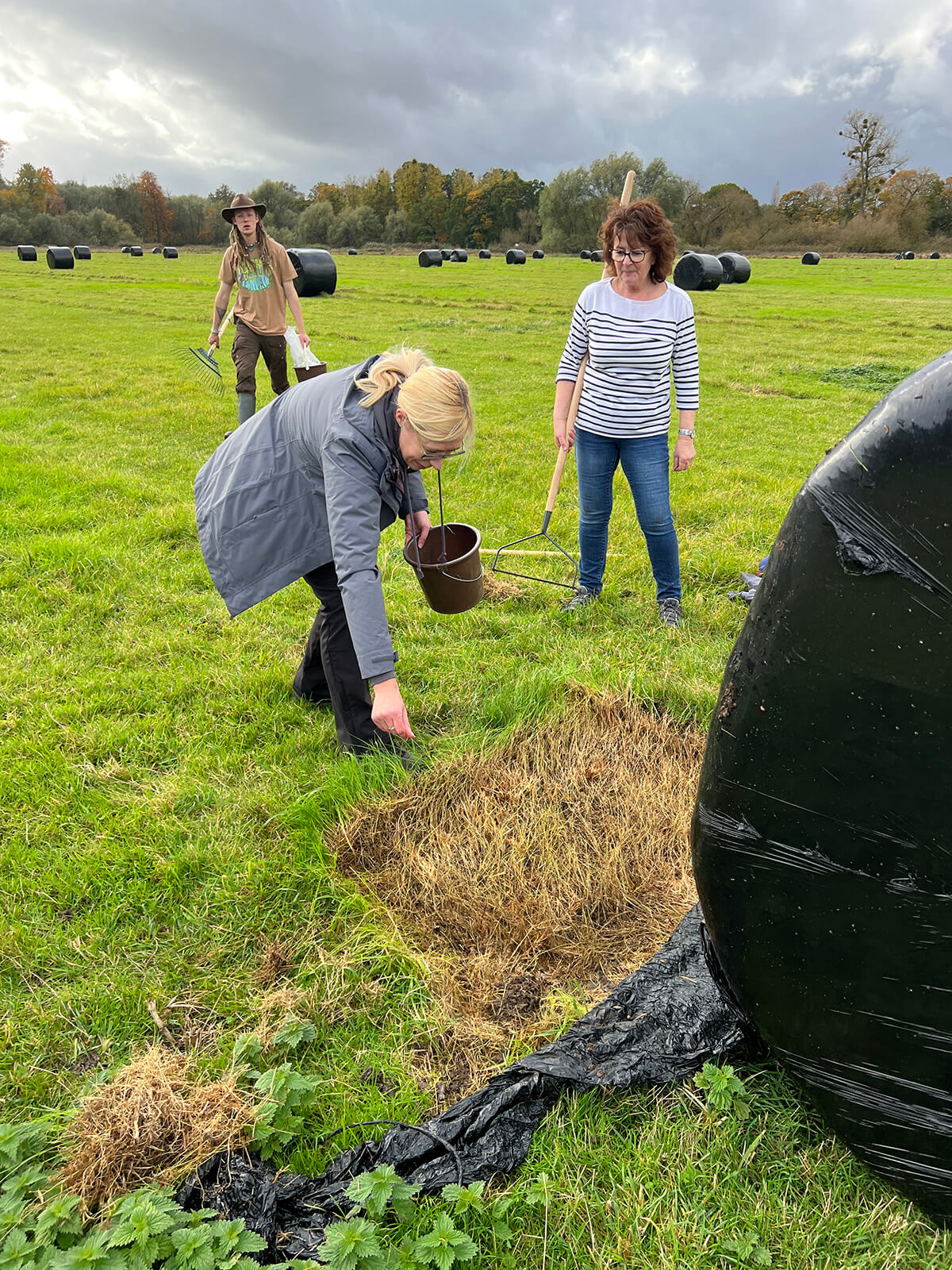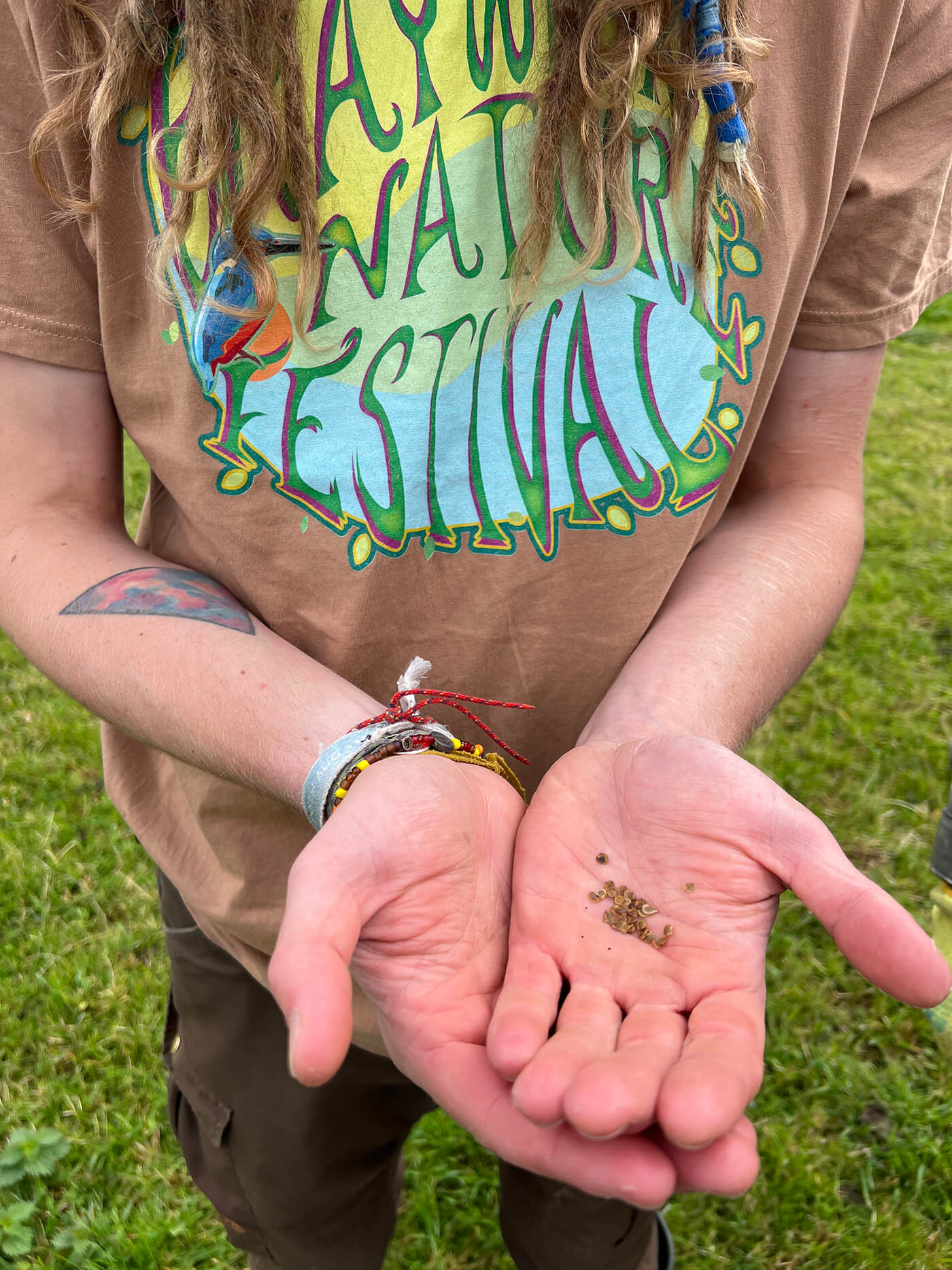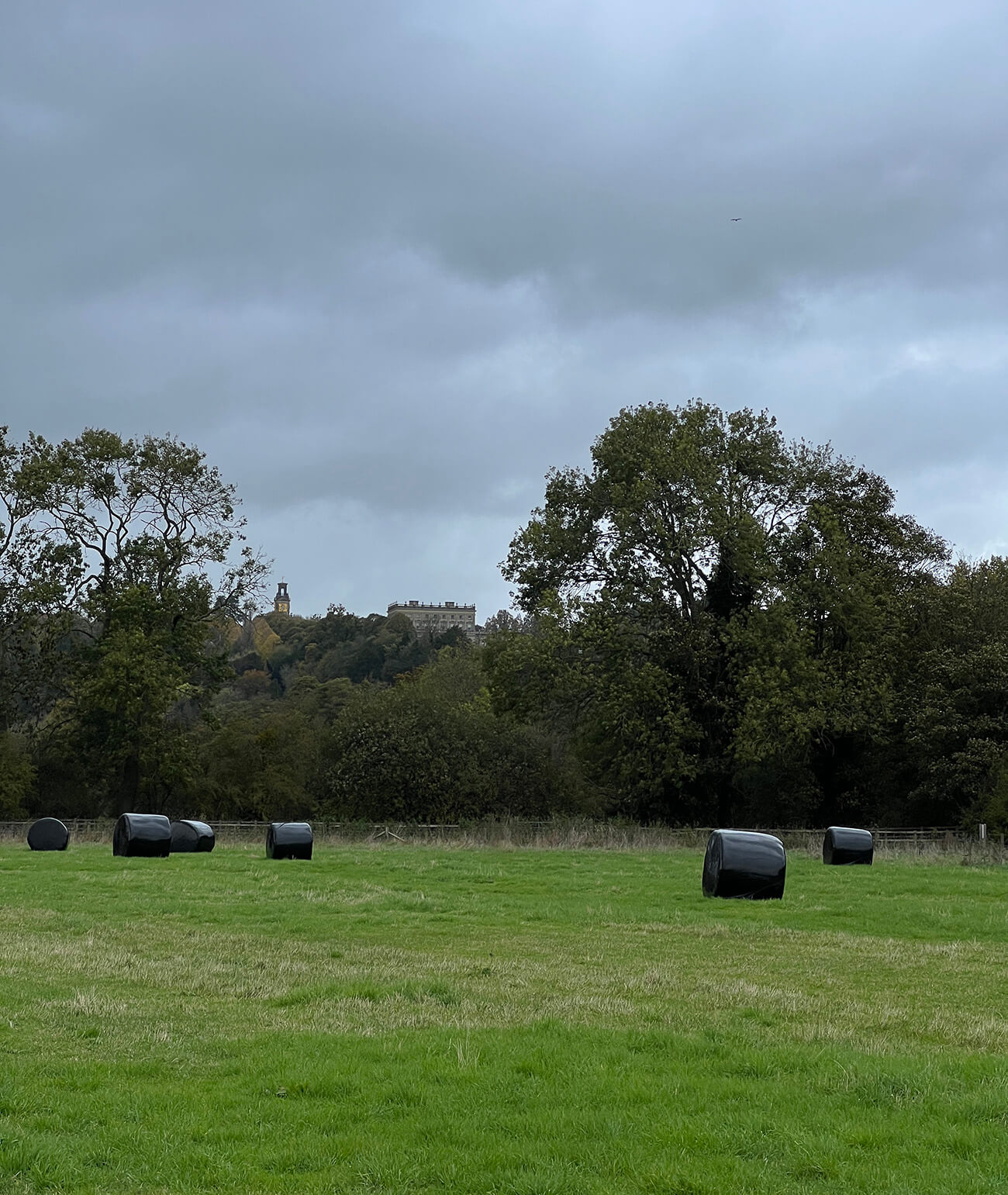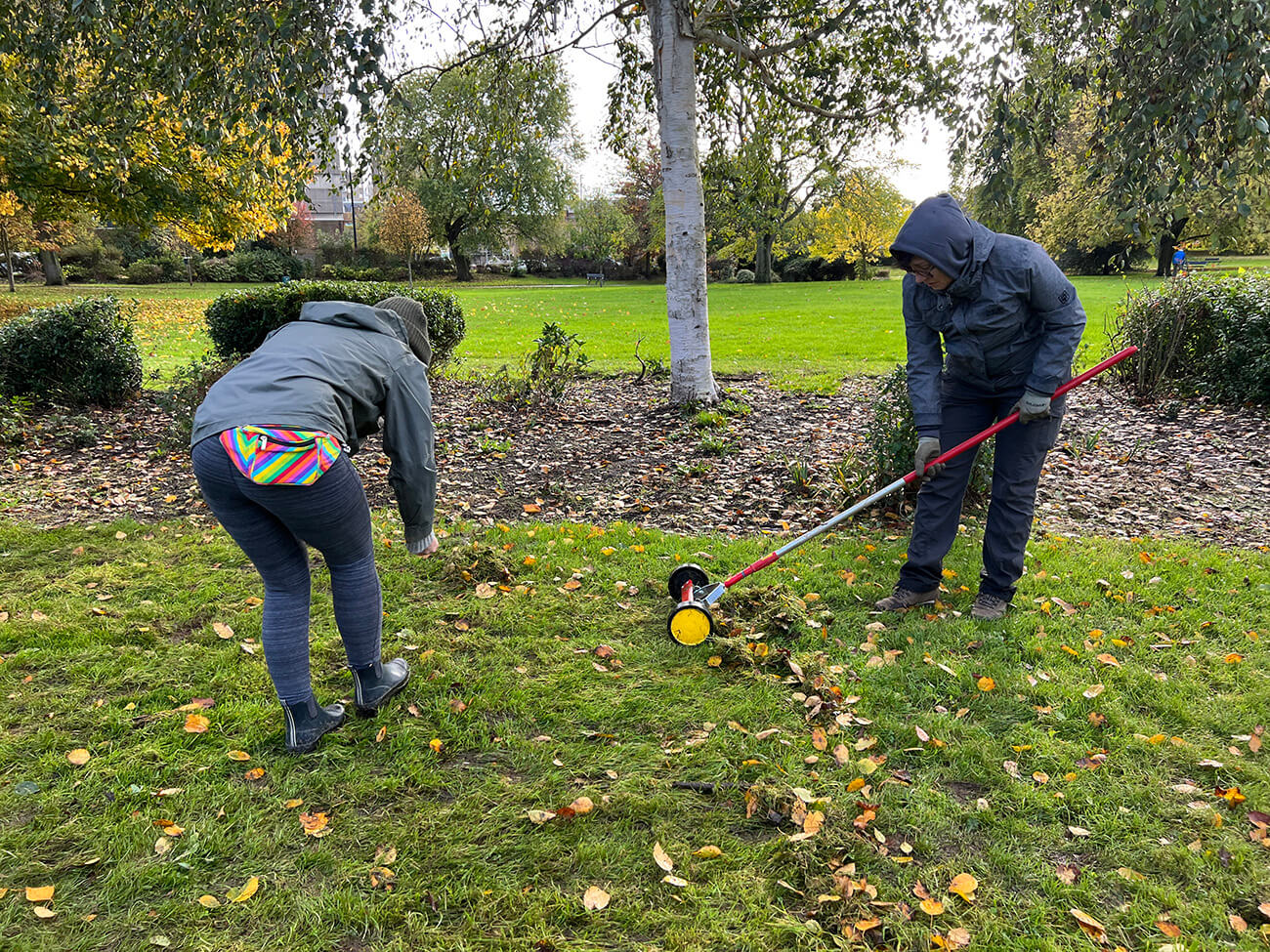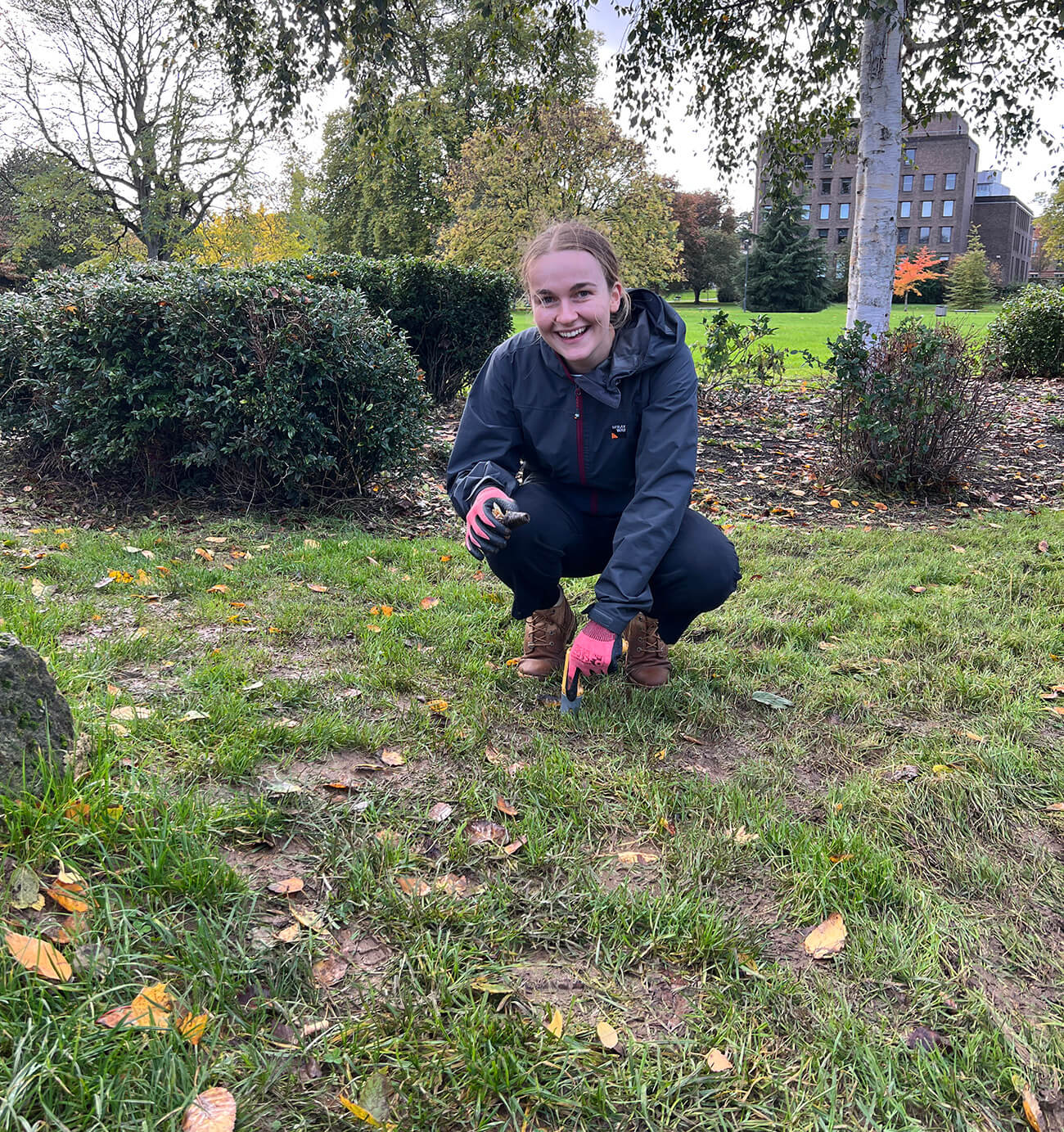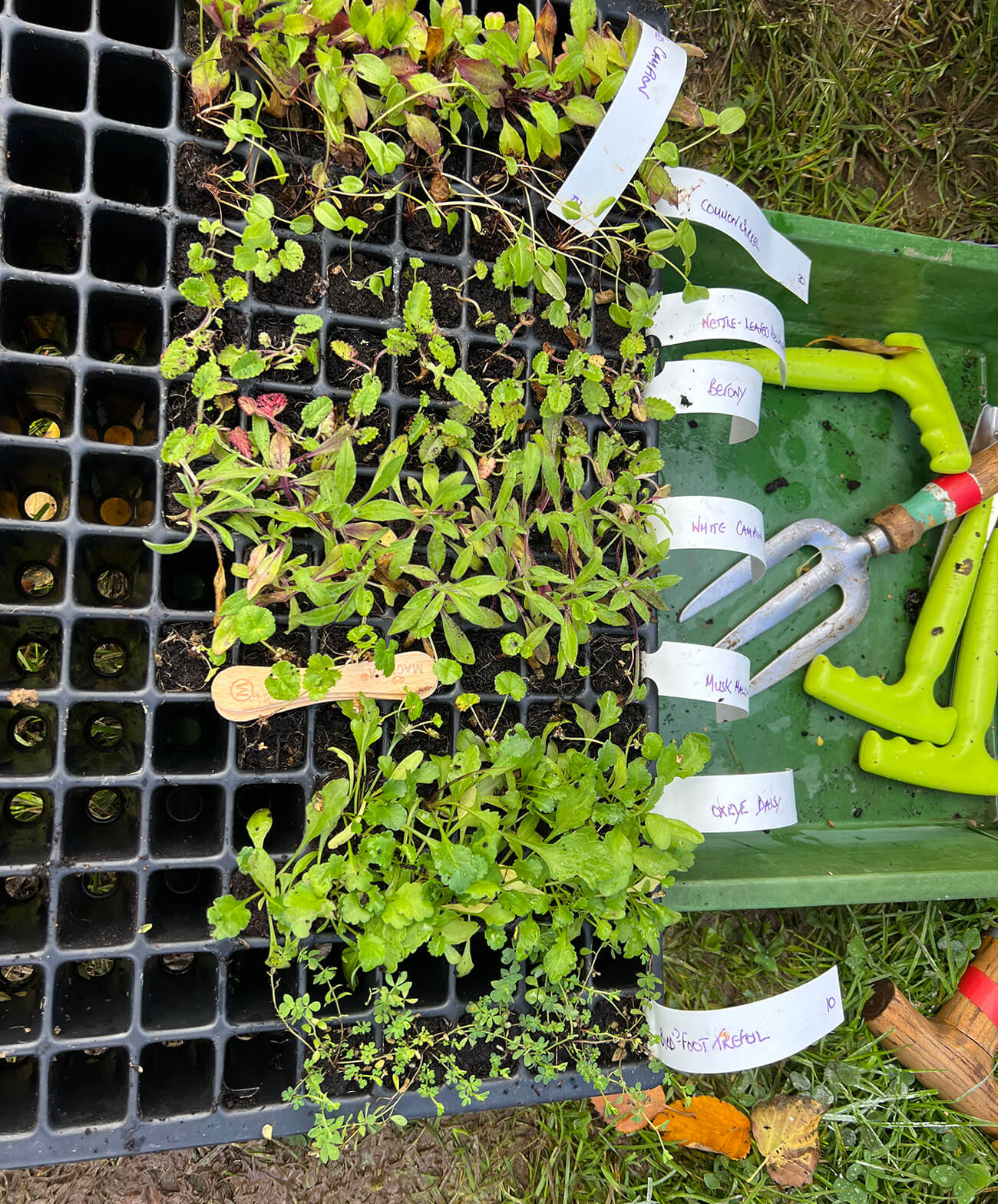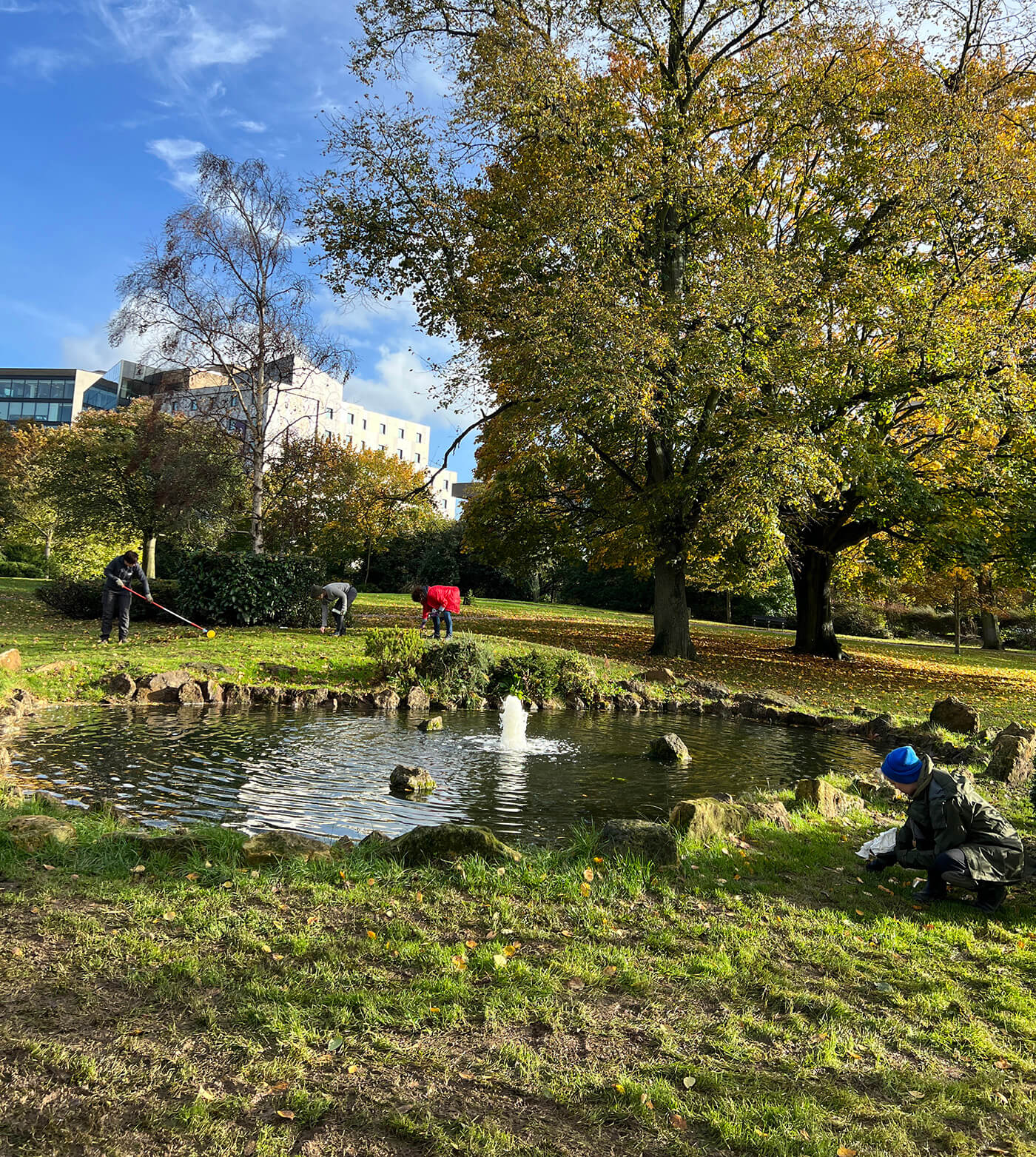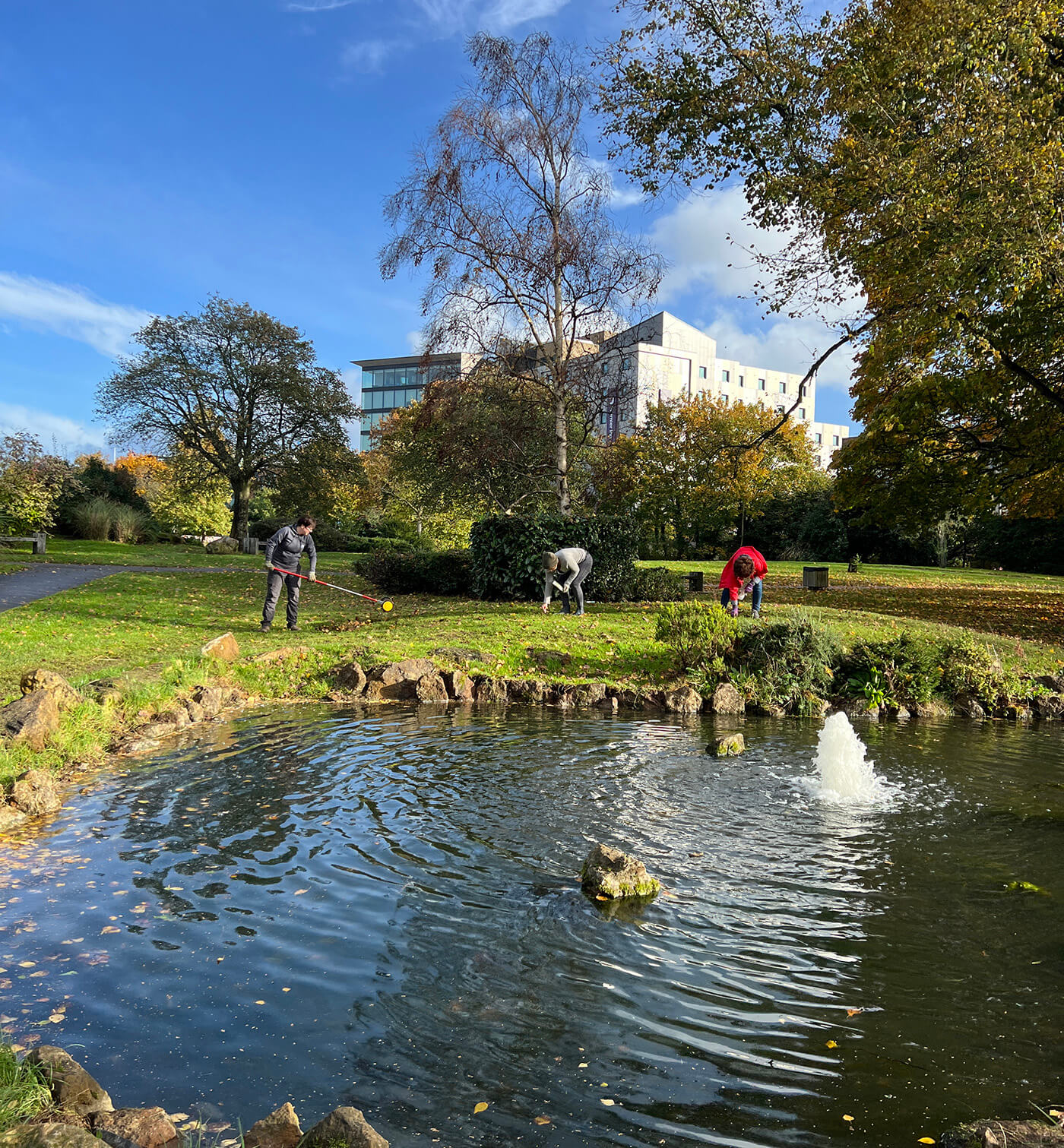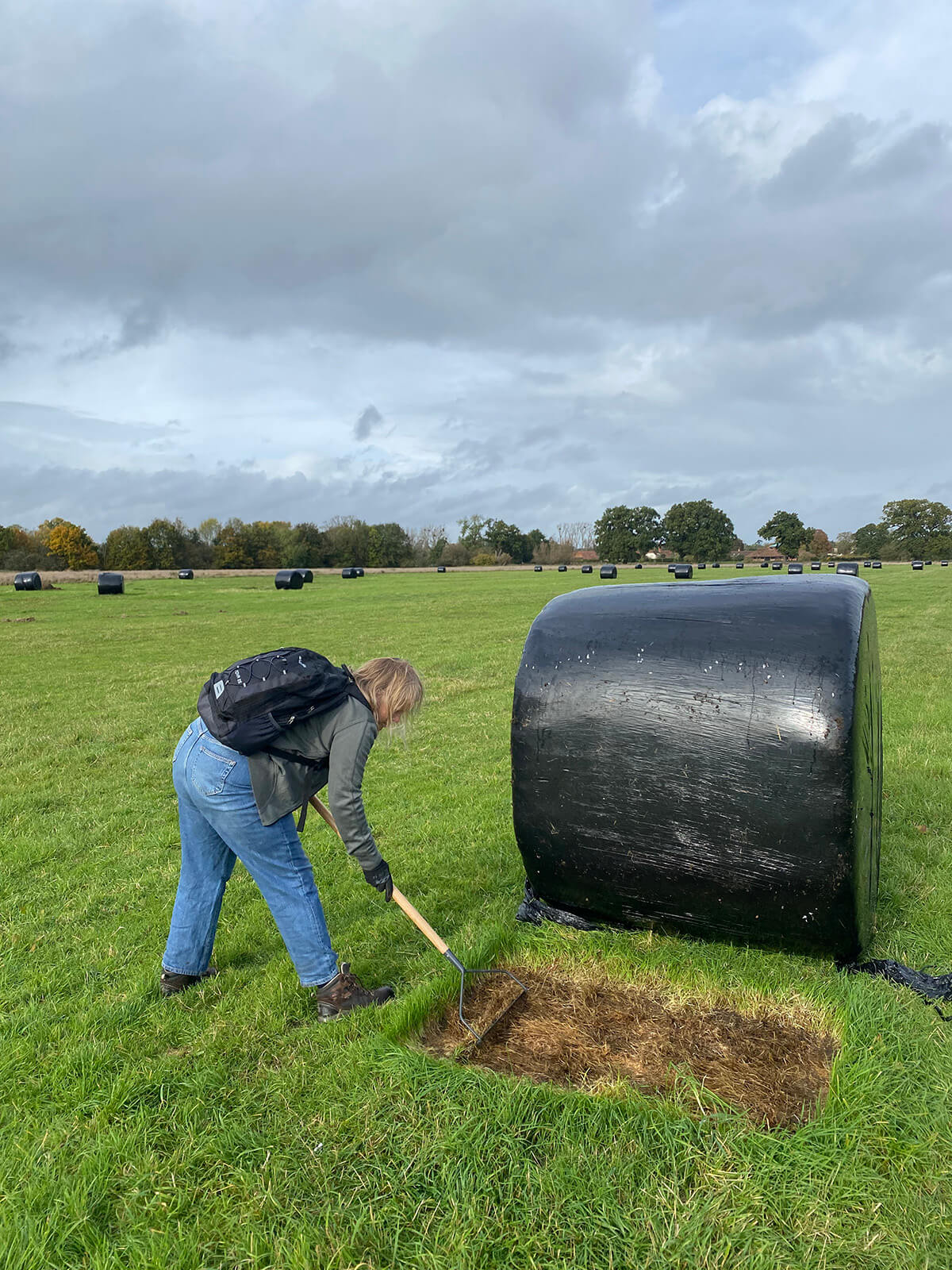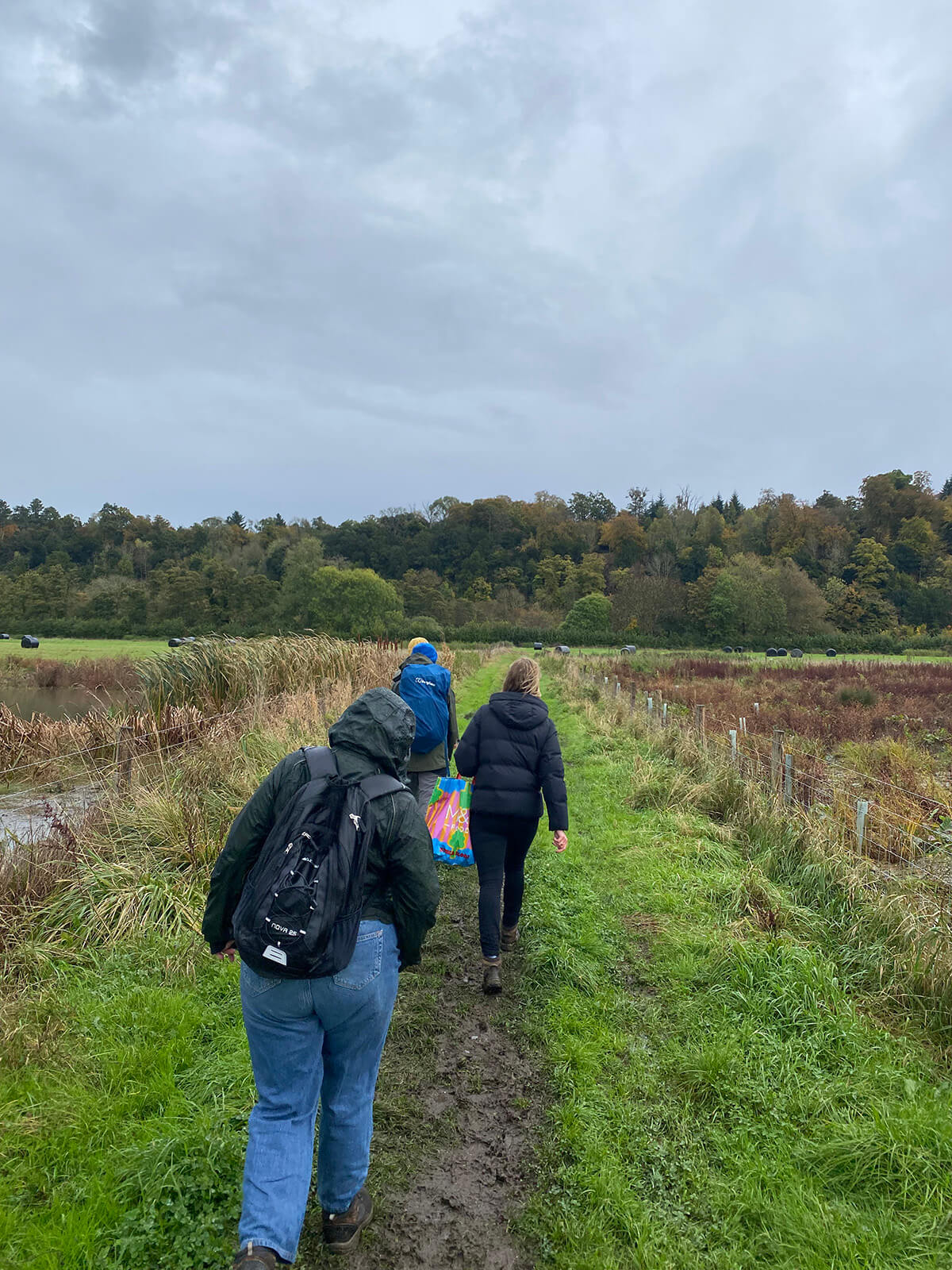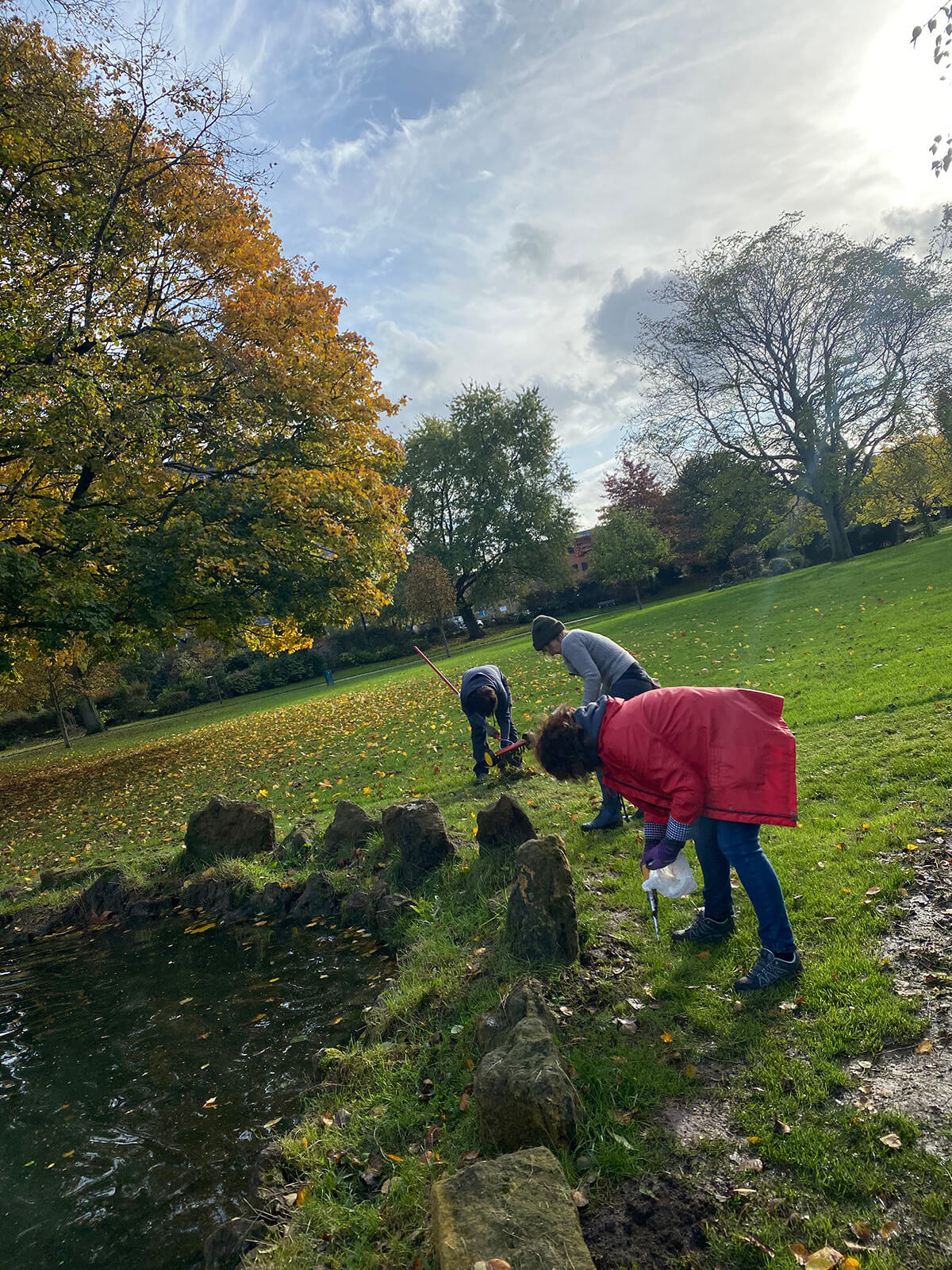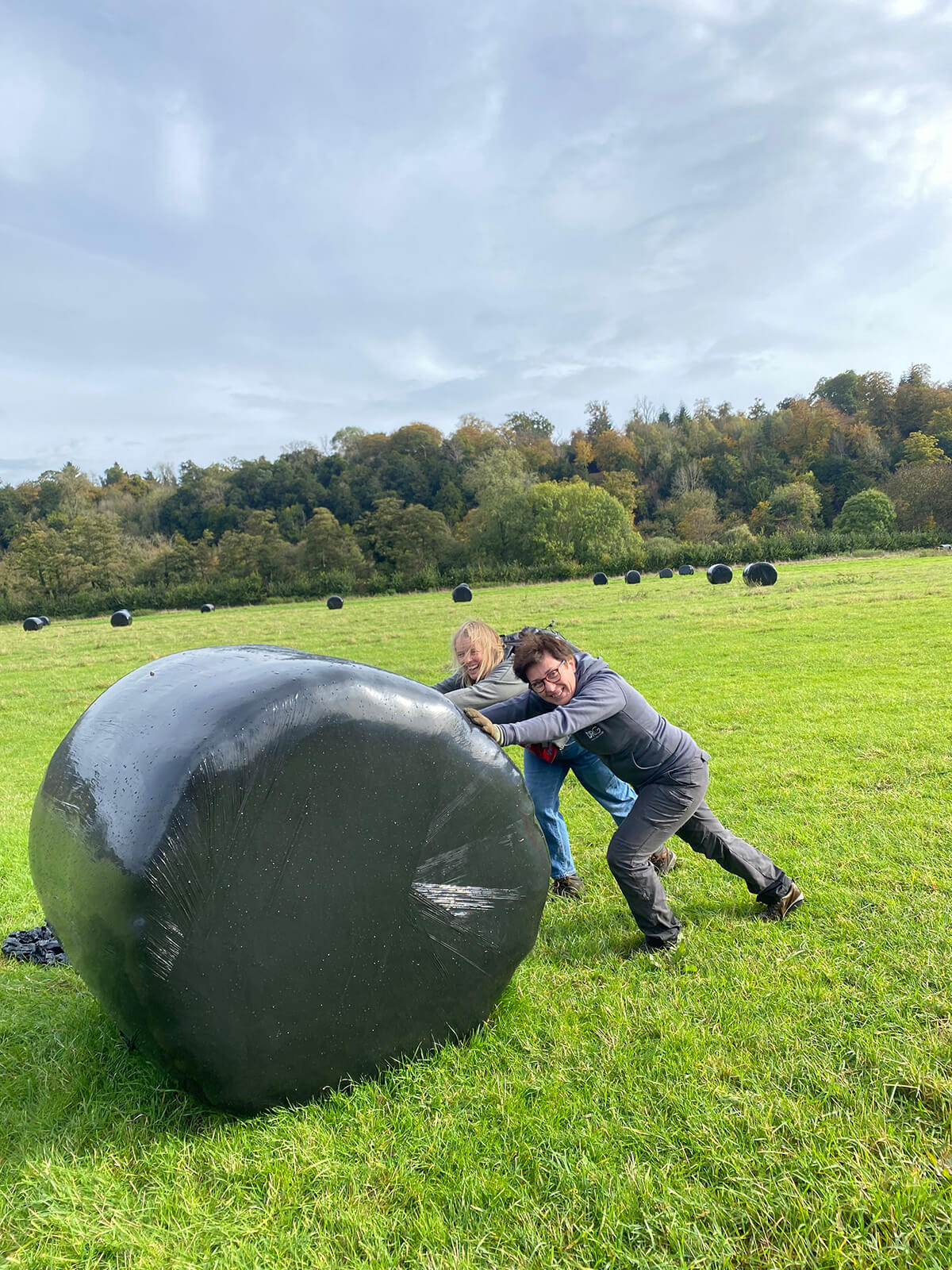Donald Reid Group supported the planting of 3.75 hecatres of wildflowers in the UK acros 2022-2023
Donald Reid Group is part of an imaginative and beautiful solution to the problem of the loss of flowers and pollinators in the UK. Not only are wildflowers attractive and beneficial to our well-being, but for the thousands of pollinating insects, wildflowers are critical.
Since 1940 we’ve lost ninety seven percent of our flower rich meadows and hundreds of our pollinator species are in decline. In areas, our local wildlife finds itself in isolated oases, walled in by agricultural land, urban landscapes, roads, and gardens.
Our solution is to restore B-Lines – a network of insect pathways along which we are restoring and creating wildflower rich habitat. These insect super highways created in partnership with GreenTheUK and Buglife will extend across the whole of the UK, allowing wildlife to move freely through our countryside and towns. Thanks to Donald Reid Group, we have created a network of flower-rich pathways benefitting pollinators, other wildlife and people.

Wildlfower Restoration in Berkshire (3.75 hectares)
Donald Reid Group supported the restoration of wildflower meadows in their local area, Maidenhead. The first planting site is Battlemead Common, land that is comprised of wetland, meadow and woodland. It is designated as a nationally recognised priority habitat as it consists of grazing marsh and wet woodland. The site is mainly low-lying and subject to flooding throughout the year, this does however create valuable habitat for local wildlife. It is home to many rare species, ranging from otters to the Variable Damselfly and Daubenton's bat.
Volunteers from Donald Reid Group helped move hay bales and spread yellow rattle seeds across the common to assist with the restoration of the once wildflower meadow. Adding greater diversity to the already biodiverse site will create habitat and food sources for existing invertebrate species and rare pollinators. Under some of the hay bales, teams spotted voles and their short, shallow burrows so ensured the hay bales were replaced so not to disturb them. Teams spotted short, shallow burrows created by voles under some of the hay bales so made sure not to disturb them.
The second planting site was in a more urban space at Kidwells Park near the centre of Maidenhead. Here, plug plants bulbs and seeds were scattered and planted around the local pond which will look beautiful in the Spring and Summer. Plug planting is a great way to add extra species to a site and give them a better chance of establishing. We often supplement seed scattering with additional plug plants to either add certain species that may not have been included in the seed mixes or bolster the site with specific species suited to the habitat. Plug plants often have a higher survival rate and prove more effective in the long run when trying to make sure certain species are present on a given site. They act similarly to when you plant potted plants in your garden or window box, providing an instant source of habitat, shelter, and food (when in flower) for local pollinating insects and other invertebrates.
This work marks the start of more works at the park and the local council hope the display of newly added flowers will encourage the local community to engage more with nature and wildlife in the park. Donald Reid employees will be able to enjoy the flowers on the walks as their office is only minutes away.
Wildflowers & Grasses Planted
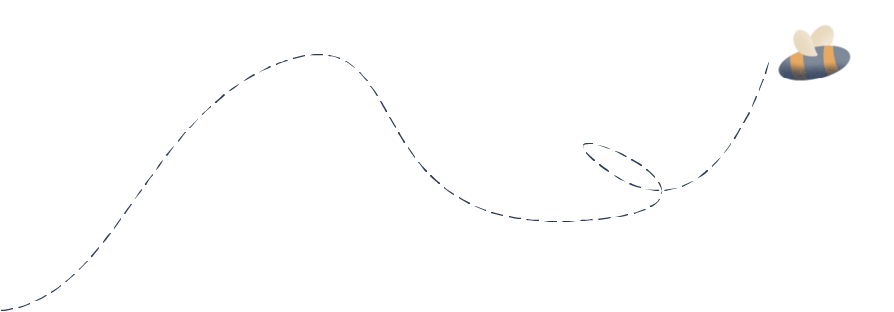
UN's Sustainable Development Goals
As a GreenTheUK partner, you support projects that are in line with the UN Sustainable Development Goals.

Take urgent action to combat climate change and its impacts.

Sustainably manage forests, combat desertification, halt and reverse land degradation, halt biodiversity loss.






















































